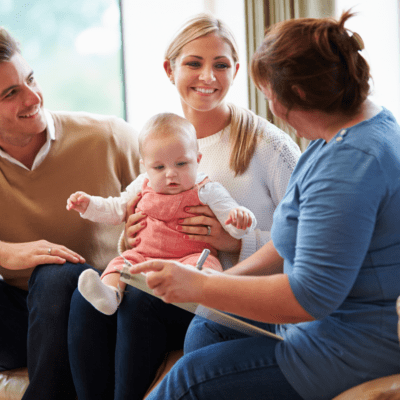Description
The training will offer a comprehensive exploration of eco-anxiety by conceptualizing the experience through a trauma-informed lens. Eco-anxiety and trauma are not limited to first-hand experiences, such as being forefront to natural disasters, it extends to concerns about the future and vicarious trauma—the shared pain of constant exposure to media outlets reporting on ecological decline. These experiences draw on feelings of fear, grief, and helplessness, akin to traumatic events, that we as professionals must address (Dailianis, 2021). Evidence suggests that the compounding effects of these stressors may manifest on both individual and community scales, with mental health repercussions spanning from psychological distress, depression, and anxiety, to heightened addiction (Bourque & Cunsolo Willox, 2014).
During this training, relevant background information about eco-anxiety including its prevalence, causes, and psychological effects will be presented. Additionally, practical strategies for managing eco-anxiety, such as mindfulness exercises, cognitive-behavioral strategies, and healthy coping mechanisms, will be discussed (Kurth & Pihkala, 2022; Léger-Goodes et al., 2022, 2023). We will have interactive discussions and activities to foster a collaborative learning environment, allowing participants to share experiences, identify triggers, and develop effective coping strategies together.
Learning Outcomes
- Define eco-anxiety and recognize its prevalence and psychological impact.
- Identify and recognize the emotional spectrum associated with eco-anxiety, including fear, grief, and hopelessness.
- Evaluate the scientific evidence of climate change and the rationality behind eco-anxiety
- Explore psychological approaches and community strategies to manage eco-anxiety.
- Discover how to transform eco-anxiety into constructive environmental action.
Who Should Attend
This course is recommended mental health and healthcare professionals, counsellors, educators, post-graduate students, and anyone that would like to deepen their understanding of eco-anxiety and the intersection of environmental issues and mental health.
Course Dates & Format
There are no scheduled dates for this course at this time, however in-service is available.
This is a 6-hour training. This course consists of two 3-hour interactive virtual sessions using Zoom.
Instructor:
Alexandra Hajas, RP, B.A., M.C PSYCH.
Alexandra Hajas is a Registered Psychotherapist with a Bachelor’s degree in Psychology, Neuroscience, and Behaviorism from McMaster University and a master’s in Counselling Psychology from Yorkville University. Since 2019, she has been working with diverse populations, through various approaches such as Rapid Resolution Therapy, Cognitive Behavioural Therapy, and Play therapy. Through her clinical experience, Alexandra has become specialized in the treatment of complex anxiety, specifically for adolescents and youth. Alexandra is committed to providing her clients with effective, personalized care by incorporating new evidence-based approaches into her practice. Through this commitment, Alexandra also strives to share world views and perspectives of adolescents and youth through interactive and engaging seminars to help clinicians relate to and appreciate anxiety through the lens of current events and the evolving role of mental health practitioners.
Training Fee
Member Fee: $195.00 + $25.35 (HST) = $220.35
Non-Member Fee: $235.00 + $30.55 (HST)= $265.55
Group Registration: Save 20% off individual fee with group registration of 4 or more participants. Download the group registration form HERE.
Continuing Education Information
Licensing boards and professional organizations will grant Continuing Education credits for attendance at their discretion when participants submit the course outline and certificate.
In-Service
This is available as an in-person or virtual in-service training and customized to suit your needs.



